A bold environmental move that could reshape Bali’s real estate market
In a move that’s sending ripples through Bali’s property scene, the local government has proposed a moratorium on new hotel and villa constructions. This landmark decision—designed to protect the island’s fragile ecosystems and rein in overdevelopment—is about more than regulation. For savvy investors, it could signal one thing:
Scarcity. And with scarcity comes value.
What is the construction moratorium in Bali?
Bali has experienced a massive construction boom over the past two decades. Luxury villas, boutique hotels, and resorts have popped up across the island—from the hip shores of Canggu to the serene hills of Ubud. While this growth has powered tourism, it has also strained local infrastructure, water resources, and the environment.
The proposed moratorium seeks to pause or strictly limit new developments, particularly in already dense areas, in order to:
- Conserve natural resources (especially water and land)
- Protect Bali’s unique culture and landscapes
- Ensure more sustainable, long-term planning
- Prioritize renovations over new builds
While implementation is still being debated, the intention is clear: Bali wants to move toward quality over quantity in its tourism and development sectors.
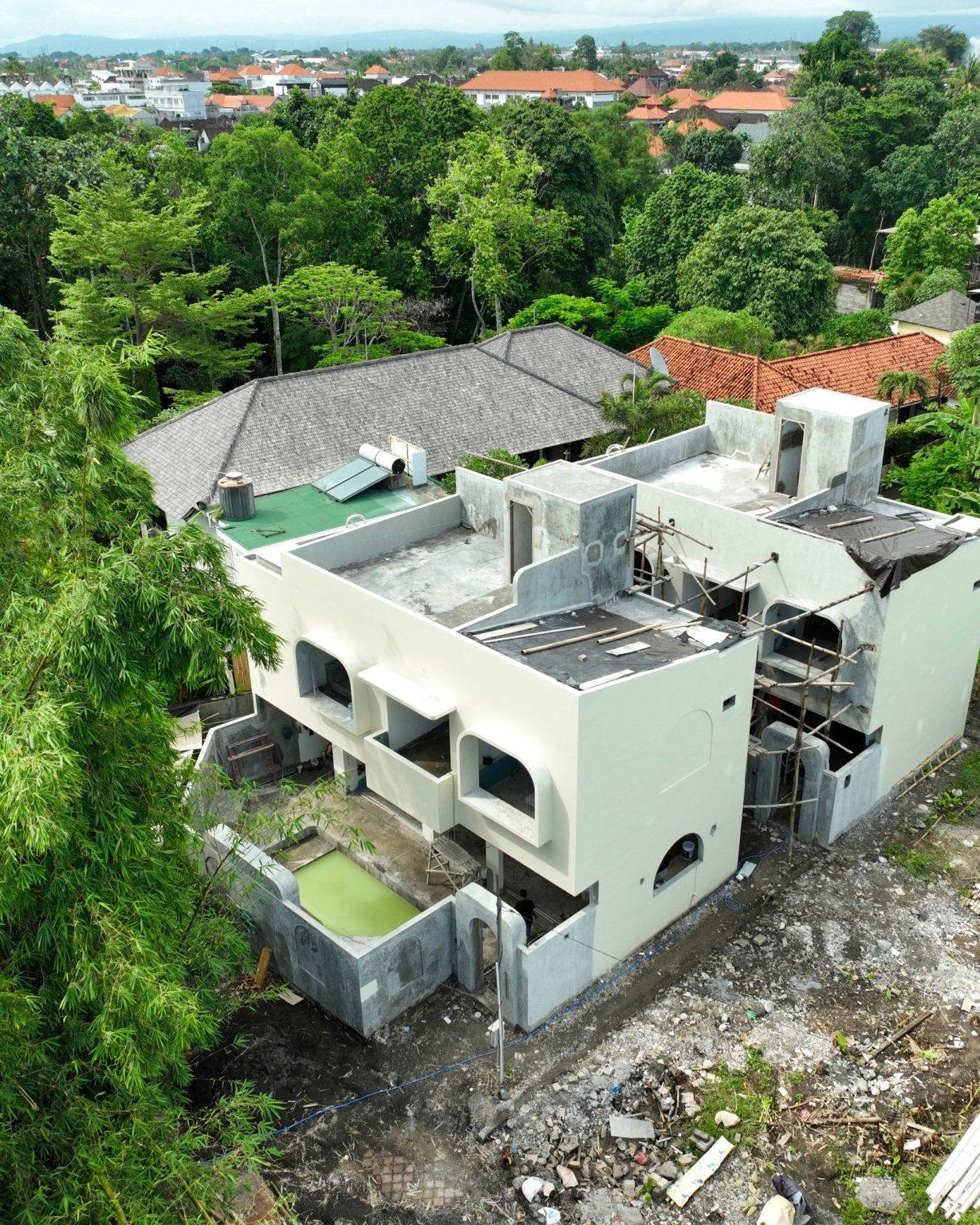

What does this mean for real estate investors?
1. Existing properties will become more valuable
If supply stops expanding, demand for existing properties will surge. Investors who already own land, villas, or commercial real estate in Bali could benefit from:
- Higher resale value
- Increased rental rates (due to reduced competition)
- Stronger ROI from buy-and-hold strategies
For example, areas like Canggu, Berawa, Uluwatu, and Sanur—where buildable land is already limited—may see prices climb significantly faster than before.
2. Renovation and value-add projects will take center stage
With fewer new builds allowed, focus will shift to upgrading, repositioning, and enhancing existing properties. Investors who specialize in:
- Renovating underperforming villas
- Adding premium features (pools, smart systems, solar panels)
- Rebranding boutique hotels will likely thrive in this new landscape.
3. Legal and licensed properties gain prestige
Bali’s construction boom came with its fair share of gray zones. Many villas have uncertain legal status, unclear zoning, or lack proper permits. The moratorium will elevate the value of fully legal, licensed properties that are already operating or ready to launch.
Owning such a property won’t just be safe—it will be highly strategic.

Timing is everything: scarcity creates urgency
The moratorium isn’t just about restriction. It’s about signaling that the era of unlimited building in Bali is coming to an end. For investors, this introduces a unique dynamic:
- Properties that exist today may become impossible to replicate tomorrow.
- Landowners with approved permits may find their plots skyrocketing in value.
- Those who wait too long might find the best opportunities off the table.
In other words, the best time to invest was yesterday. The second-best? Now.
Strategic areas to watch
Canggu & Berawa
Already built-up and highly desirable. Properties here could see the biggest appreciation due to intense demand and construction caps.
Uluwatu
With stunning cliffside views and a growing luxury scene, existing villas and resorts will dominate the future market.
Ubud
Inland and spiritual, Ubud may benefit from the moratorium by attracting eco-conscious, longer-stay visitors seeking depth over crowds.
North & East Bali
Lesser-developed areas could become the next frontier—especially if development slows in the south.

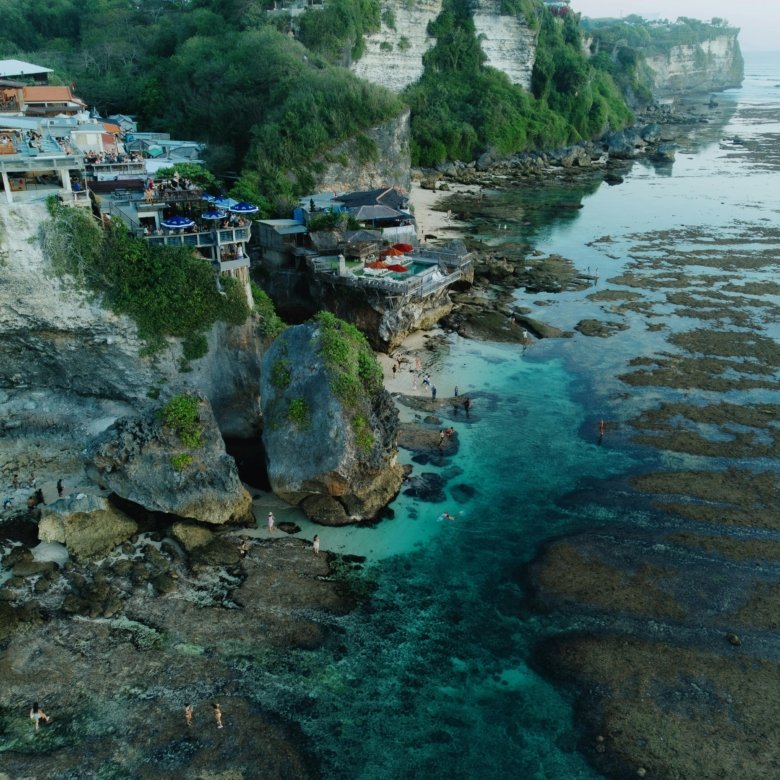


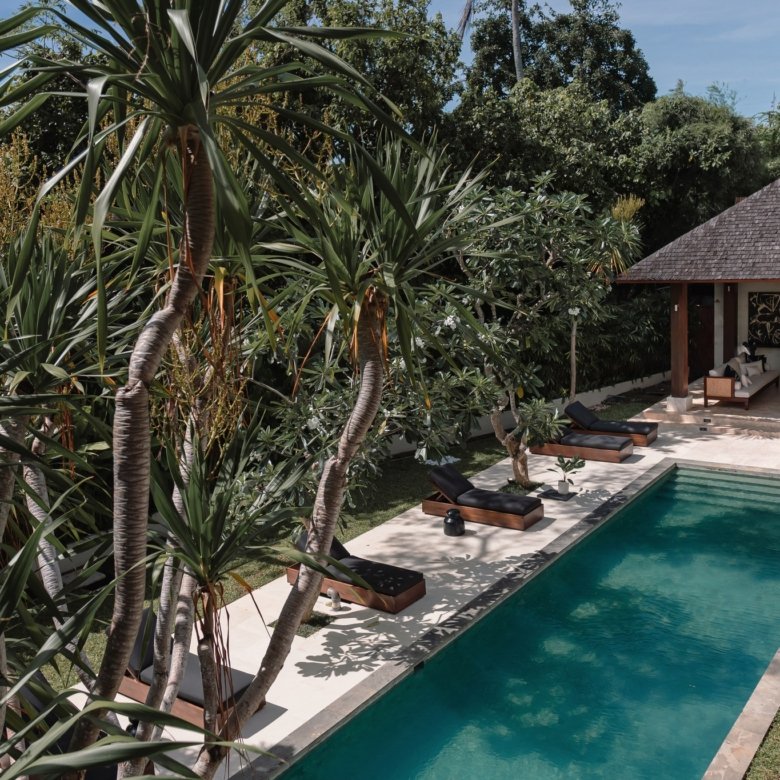
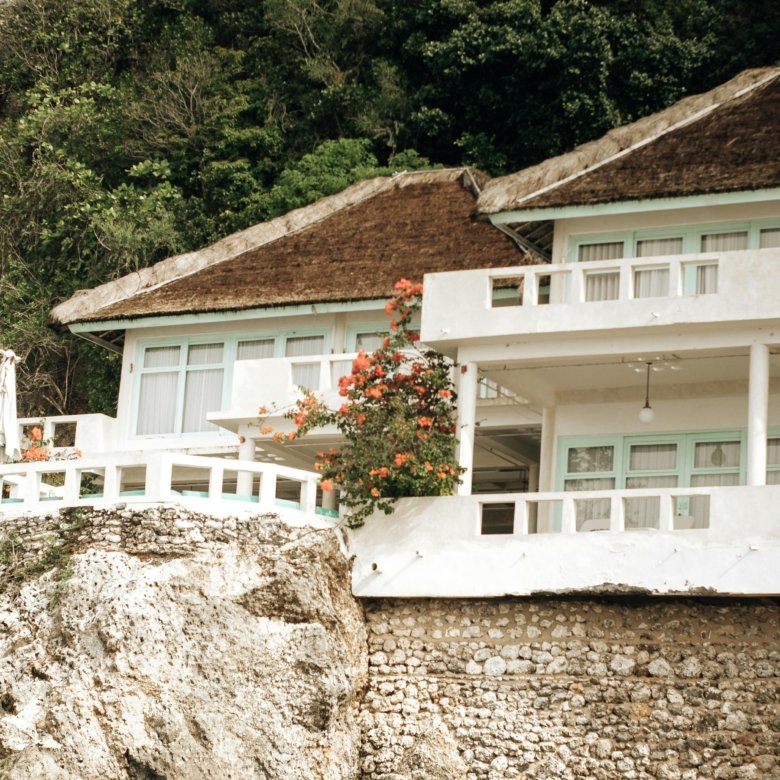
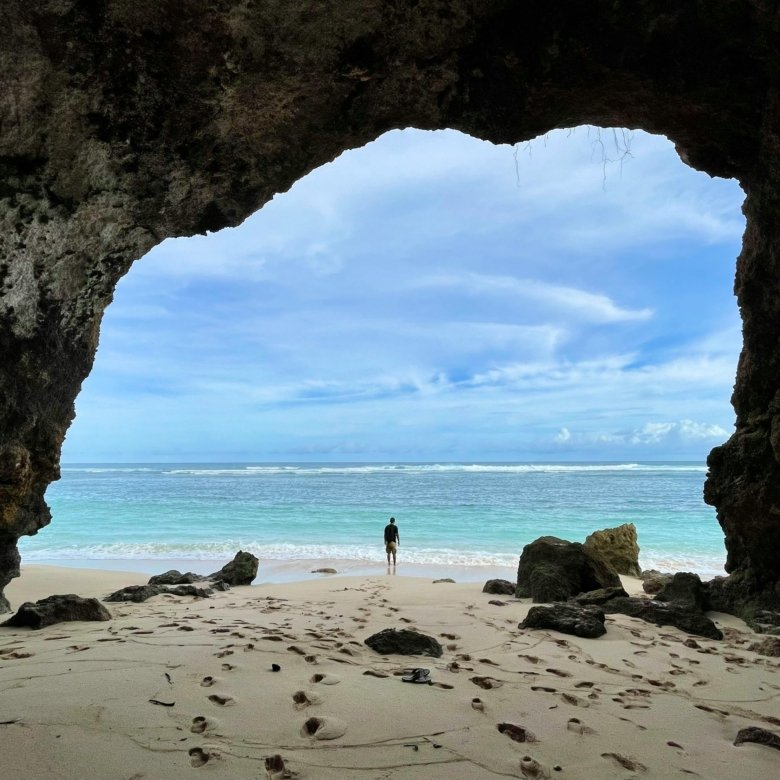
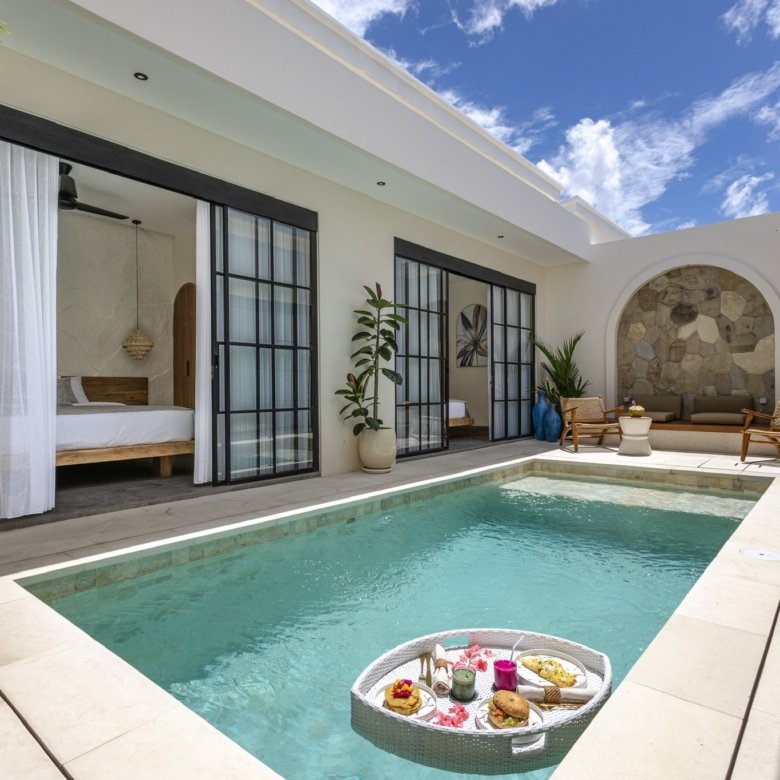
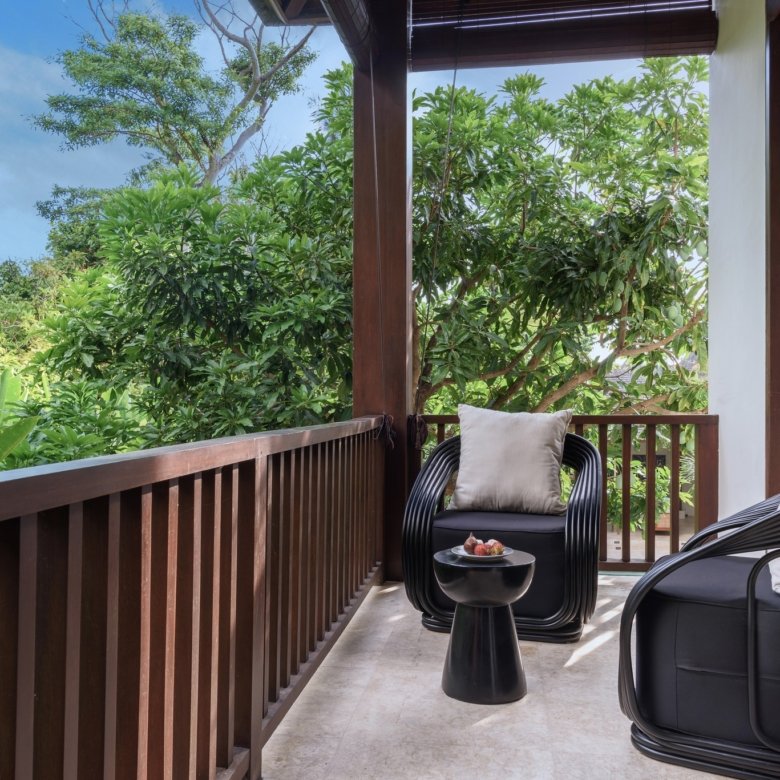
Who benefits from the moratorium?
- Early investors: Those who already secured land or built villas stand to benefit from price appreciation.
- Landowners with permits: Properties with legal approvals may become golden tickets.
- Eco-conscious developers: Projects aligned with sustainability will likely receive more support.
- Buyers seeking passive income: With fewer villas being built, short-term rental income becomes more reliable and competitive.
Challenges and considerations
While the moratorium presents a major opportunity, it’s not without risks:
- Regulatory clarity is evolving: The rules may shift depending on political will and enforcement.
- Illegal constructions may be penalized: This is a good time to do thorough due diligence.
- Financing may be tighter: Banks and lenders may adapt their criteria in response to the changing landscape.
That said, working with reputable developers, agents, and legal advisors will be more essential than ever.
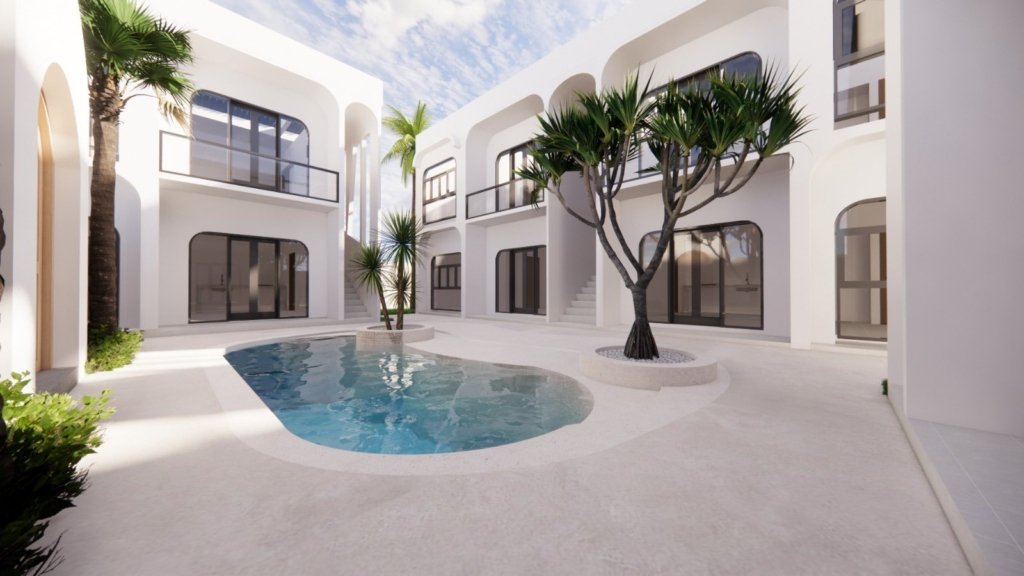
Conclusion: fewer properties, stronger investments
The proposed construction moratorium in Bali marks a transformational shift. While it aims to protect the island’s natural and cultural heritage, it also offers serious upside for investors who act strategically.
Scarcity drives value. And when the supply dries up, only the best properties remain in play.
If you’re considering investing in Bali real estate, the time to secure existing, legal, and well-located properties is now. Those who recognize the long-term potential of a limited supply environment will be the ones who thrive in the years to come.
